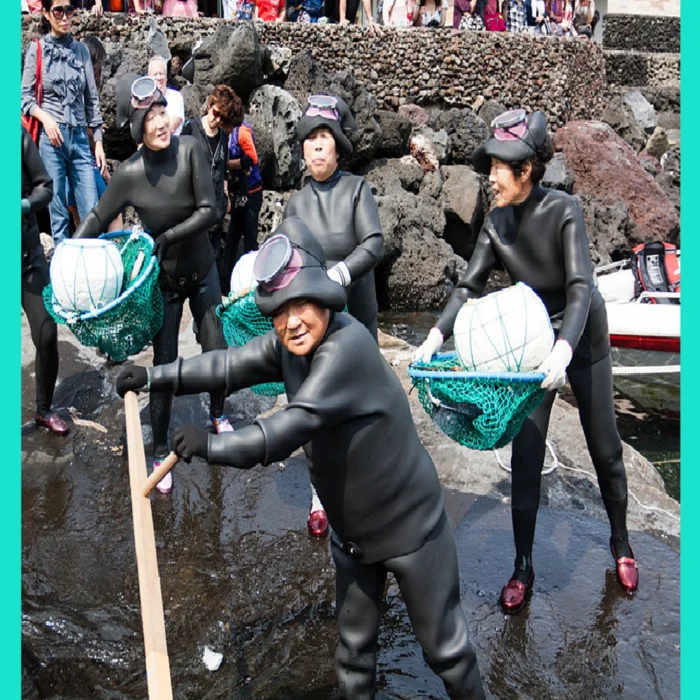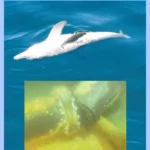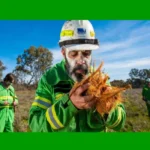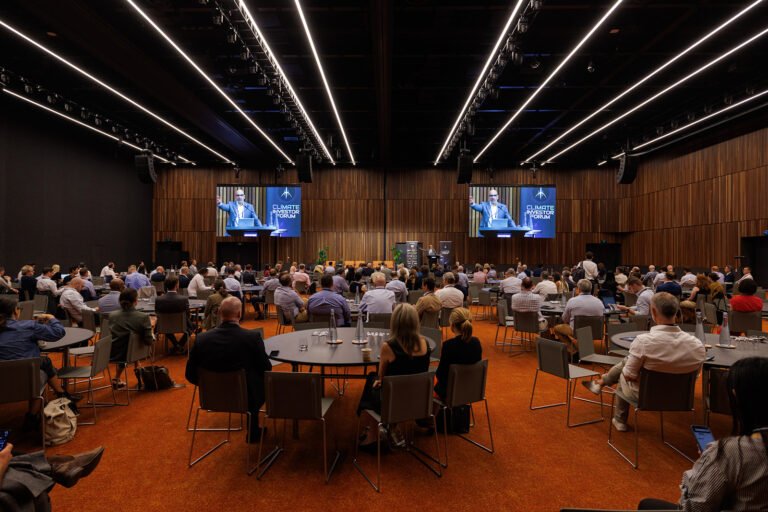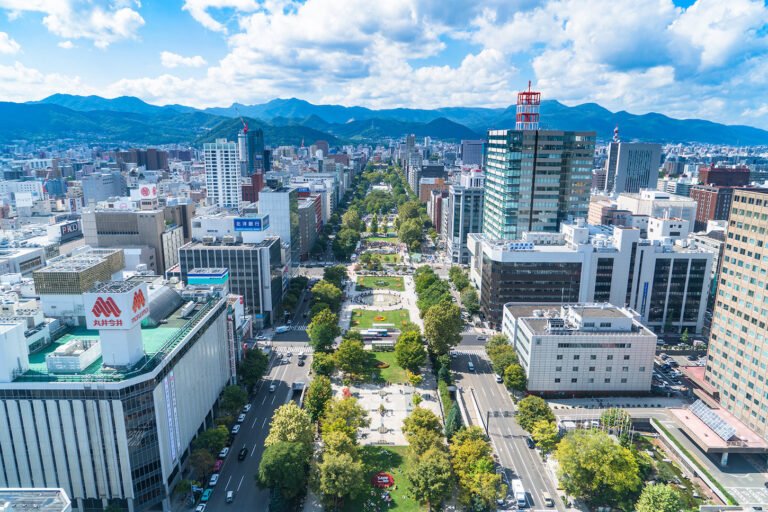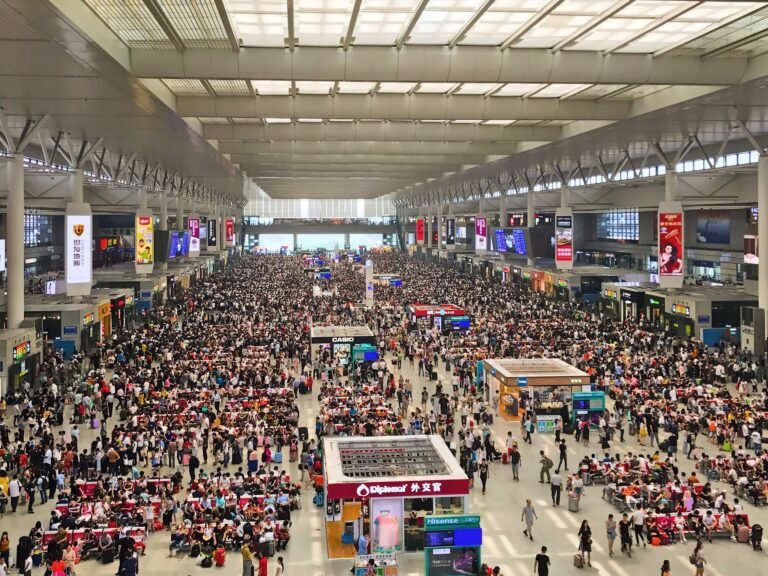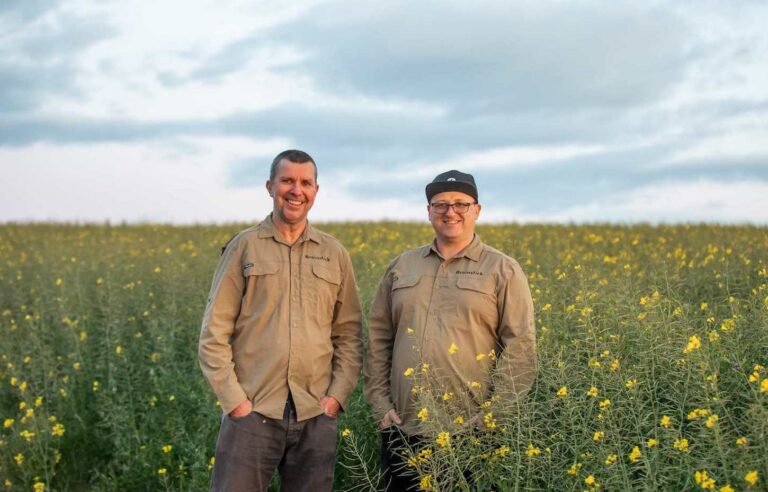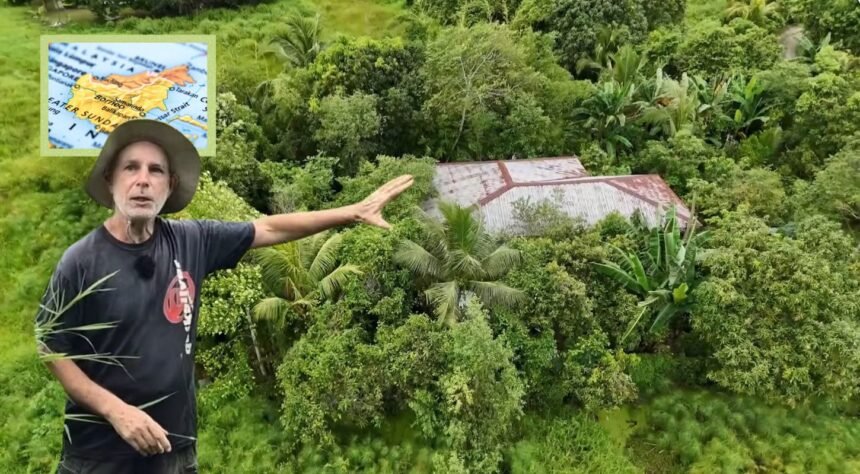The Culture of Jeju Haenyeo (women divers) dive 10-20 meters without oxygen masks for seafood of seaweed, abalone, sea urchins, and conch
These women begin their training at ten years old or even younger, diving to depths of up to 20 meters and holding their breath for as long as two minutes. Their only protective gear consists of wetsuits, flippers, goggles, and weighted vests or belts to aid them in reaching greater depths.
Their recognition in 2016 by UNESCO, not only celebrates these remarkable women’s skills, but also underscores the importance of preserving such unique practices in an ever-changing world. Before diving, Haenyeo often perform rituals, including prayers to the Jamsugut, the goddess of the sea, seeking safety and abundant harvests.
Most active Haenyeo today are older, with the majority being women over 60 years old, and some in their 80’s.
With a population of 676,317 (2023), Jeju Island provides approximately 1% of Korea’s GDP at US$21 billion primarily driven by tourism, agriculture, and fisheries. Dating back to the 17th century, the Haenyeo demonstrate that respecting natural cycles and embracing community-based solutions can pave the way for a sustainable future. Their practices serve as a reminder that ancient wisdom, combined with modern science, can transform global fisheries for the better.
The UN Women initiative for gender equality in fisheries often cites the Haenyeo as a successful example of women-led sustainable fishing practices. Programs in Indonesia and India now actively support female fishers, ensuring their participation in decision-making processes.

“Moon Tides: The Women Divers of Jeju Island” by KOREA.NET – Official page of the Republic of Korea is licensed under CC BY-SA 2.0.
The Jeju Haenyeo’s eco-conscious influence on global sustainable fishing policies and their traditional methods align with modern principles of sustainability and resource conservation, inspiring policymakers and stakeholders worldwide. Haenyeo practices align with UN Sustainable Development Goal 14 (Life Below Water) promoting sustainable use of oceans and marine resources and Marine Protected Areas (MPAs)rotational and selective fishing practice for marine conservation.
Seasonal fishing practices and selective harvesting ensures the preservation of marine life. Only Mature Catches are mandated to avoid harvesting juvenile sea creatures, allowing species populations to regenerate naturally; and Rotational Diving Areas in fishing zones give marine ecosystems time to recover, preventing overfishing. These practices have been studied and incorporated into sustainable fishing guidelines by organizations like the United Nations Food and Agriculture Organization (FAO), which emphasizes ecosystem-based fisheries management. The Philippines coastal communities have adopted similar rotational systems for reef fishing. And, East Africa’s local fisheries councils regulate sustainable harvesting inspired by traditional methods like those of the Haenyeo.
The younger generation is less inclined to adopt this labor-intensive lifestyle, raising concerns about the future of the practice.
Educational Programs through Schools and cooperatives on Jeju Island are actively teaching Haenyeo skills to interested youth. Government Support offers subsidies and designates Haenyeo as cultural assets, providing financial and logistical assistance to sustain the tradition. Global Recognition through UNESCO’s listing has spurred international awareness, encouraging cultural exchanges and funding for preservation projects.
The Haenyeo embody principles of sustainable fishing, taking only what is needed and leaving juvenile sea creatures to grow and reproduce. These practices help maintain the biodiversity of Jeju’s marine ecosystem and serve as a model for sustainable fisheries worldwide.
As the effects of climate change threaten marine environments, the Haenyeo’s close connection to the sea positions them as natural advocates for protecting these ecosystems. Their firsthand experiences of shifting fish stocks and rising sea temperatures offer valuable data and perspective for researchers and policymakers
Tourism of Jeju Island in 2023 welcomed 13.34 visitors predominately from China, Singapore, Thailand, USA, Malaysia, Japan, Taiwan, Hong Kong, fascinated by the Haenyeo’s diving performances and the rich folklore surrounding their lifestyle. Guided experiences and museum exhibitions, such as the Haenyeo Museum in Jeju, allow tourists to learn about their history, tools, and daily routines.
Haenyeo-themed tourism supports the local economy by creating jobs, boosting sales of local seafood, and funding conservation initiatives. This integration of culture and economy ensures that the heritage of the Haenyeo remains relevant in a modern context.
Workshops and cultural exchanges involving Haenyeo have influenced sustainable practices in countries like Japan, Chile, and New Zealand, promoting awareness about overfishing and marine conservation globally.
These “women of the sea” epitomize resilience and strength, forging an unbreakable bond with the ocean and standing as a timeless emblem of Jeju’s cultural heritage.

